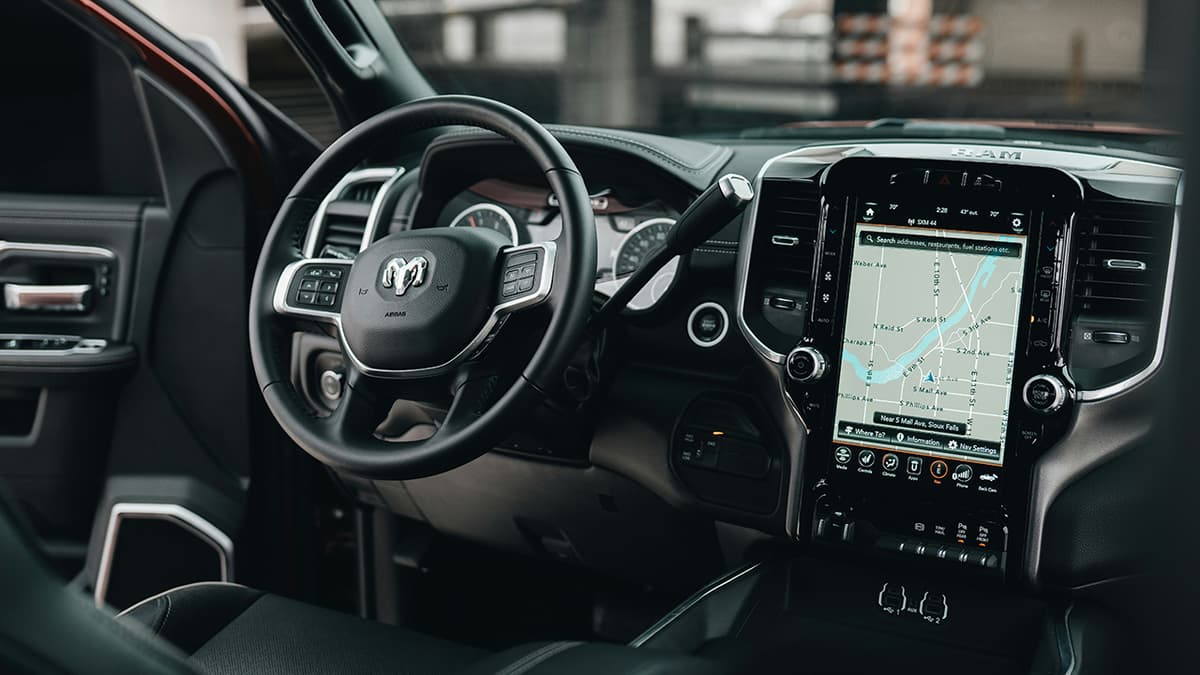The Risks of Keeping Data Solely on Your Hard Drive
Data is a valuable asset in our lives. From cherished family photos to important work documents, much of what we treasure is stored digitally. Is relying solely on your hard drive the best strategy? Here are some clear insights and advice.
Think of your hard drive as a solitary fortress. Within it lie all your digital treasures—memories, entertainment, and vital information. While it may seem secure, every fortress can be breached or fail. Here’s why depending only on a hard drive can be risky.
Accidental Deletion and Human Error
Accidental deletions can happen in an instant. A wrong click or an unintended drag-and-drop can lead to loss. If there's no backup, retrieving lost data can be complex and costly.
Hard Drive Failures
Hard drives can fail. They may suffer from wear and tear, defects, or malfunction unexpectedly. If your hard drive fails and you have no backups, your data can be lost forever.
The Threat of Malware and Ransomware
Malicious software poses a significant threat. Malware and ransomware can corrupt or encrypt your data, often demanding a ransom to recover it. Regular backups can prevent you from having to pay these ransoms.
Theft and Physical Damage
Theft and physical damage are serious concerns. Burglaries, natural disasters, or accidents can cause irreversible loss. If your hard drive is stolen or damaged and not backed up, your data disappears with it.
Accessibility Issues
When your data is only on your hard drive, it limits your access. You cannot easily work from different locations or share files efficiently with others. This can hinder your productivity in a connected world.
What Can You Do to Protect Your Data?
Cloud backup services provide a solution for safeguarding your data. Providers offer secure storage to back up your hard drive. These services often include automatic syncing to ensure your changes are continually backed up.
External hard drives or NAS (Network-Attached Storage) devices serve as additional safeguards. They can hold copies of your data, offering protection if your primary hard drive fails. Regularly updating these backups provides peace of mind.
USB flash drives are another option. They are portable and perfect for crucial files you want to keep safe. They act like your quick response team, ready to protect your important data.
A recommended approach is the 3-2-1 backup rule: keep three copies of your data, store two on different devices (like an external drive and a cloud service), and keep one off-site.
Relying solely on one hard drive is risky. It's wise to maintain backups in multiple locations. This strategy is smarter and prevents the heartbreak of losing essential files.
Protect your digital assets with comprehensive backup solutions.












